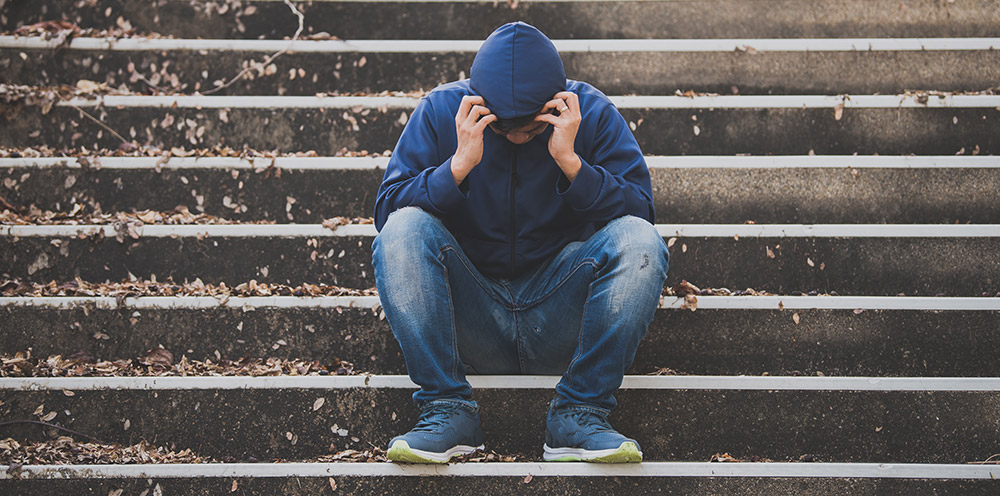How to Prevent an Alcohol Relapse
Recovery from alcohol addiction is a process of personal growth in which each stage has its own risks of relapse and its own developmental tasks to reach the next stage.
The stages of recovery are not the same length for each person, broadly speaking, there are three stages of recovery.
- Transition / Abstinence approx 1-2 years there are many risks to recovery at this stage, including physical cravings, poor self-care, wanting to use just one more time, and struggling with whether you have an addiction./li>
- Early recovery / Repair approx 2 years clinical experience has shown that common causes of relapse in this stage are poor self-care and not going to self-help groups.
- Ongoing recovery / Growth. This generally starts 3 to 5 years after your last drink and lasts for the rest of your life.
Trying to rush through the steps in your recovery can lead you to a relapse. If deciding to end your relationship with alcohol is the first step, detox and subsequent alcohol rehabilitation the 2nd, your life after rehab will be a journey of many steps, where an estimated 1/3rd of all alcohol rehab participants will relapse at some point during their recovery (webmd.com) & a staggering 90% of alcoholics will relapse within 4 years.

Why Detox Alone is Rarely Enough in Treating Alcohol Dependence
Alcohol detox only helps you get through the initial withdrawal from alcohol consumption, all addictions need a treatment plan that involves therapy designed to explore your individual triggers for alcohol use, past traumas, genetic predisposition, psychological conditions. The focus of your individual therapy will also give you good building blocks to a life free of alcohol through learning positive coping strategies and skills. Therapy for addiction can be done as part of an alcohol rehab programme within a residential facility, or as part of an outpatient programme.

What options are available Post Detox?
Join a mutual aid programme like SMART or Alcoholics Anonymous.
AA suggests a program of personal recovery that is contained in Twelve Steps and meetings are set out in a group environment, where you will be able to receive support and understanding from other members at different stages in the same journey.
The steps include admitting you’re powerless over alcohol and your life has become unmanageable, admitting you’ve acted wrongly and, where possible, making amends with people you’ve harmed.
You will not be asked to accept or follow these Twelve Steps in their entirety if you are unwilling or unable to do so, but the relative success of the AA programme is due to a recovered alcoholic being able to reach out and help you abstain from alcohol through stories of their sobriety and by encouraging you keep an open mind whilst attending meetings.
SMART Recovery groups help people decide whether they have a problem, build up their motivation to change, and offer a set of proven tools and techniques to support recovery.
The 4 steps programme – Building and maintaining motivation, Coping with urges, Maintaining thoughts, feelings & behaviours and finally Living a balanced life – teaches rational, easy to learn & self empowering skills to help you abstain from alcohol.
There is also the 12-step facilitation therapy based on the Twelve Steps programme devised by AA. The difference is you work through the stages on a one-to-one basis with a counsellor, rather than in a group.
Alternatively, if you find yourself relapsing frequently, a residential programme may be a better option for you.

Support for Loved Ones Affected by Alcoholism
Due to the devastating effects of alcohol misuse on family and friends, rebuilding trust is an important step in the recovery process, being honest with your loved ones about your journey and what you are feeling, experiencing etc will give you a good foundation to build on.

The Adfam website is very useful and has a list of different organisations that you can contact for support for your family through treatment.
Families Anonymous is a self-help service based on the 12-steps plan and is aimed at helping families affected by alcohol misuse and behavioural problems.
The National Association for Children of Alcoholics (Nacoa) provides a free, confidential telephone and email helpline for children of alcohol-dependent parents and others concerned about their welfare. Call 0800 358 3456 for the Nacoa helpline.
Al-Anon Family Groups offers support and understanding to the families and friends of problem drinkers, whether they’re still drinking or not. Alateen is part of Al-Anon and can be attended by 12- to 17-year-olds who are affected by another person’s drinking, usually a parent.
Try to remember that relapse is not an overnight event, there will be signs that you are heading towards a relapse.
So if you find yourself experiencing the following:
- bottling up your emotions;
- isolating;
- not going to meetings or to therapy;
- going to meetings or therapy but not sharing;
- focusing on others (focusing on other people’s problems or focusing on how other people affect them);
- poor eating and sleeping habits.
- And most notably Poor self care when it comes to your emotional, psychological and physical needs.
Please reach out to your treatment centre, therapist, family or nearest mutual aid group.
